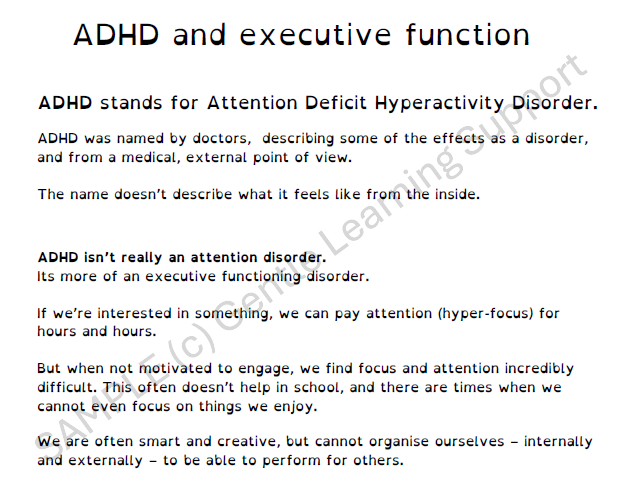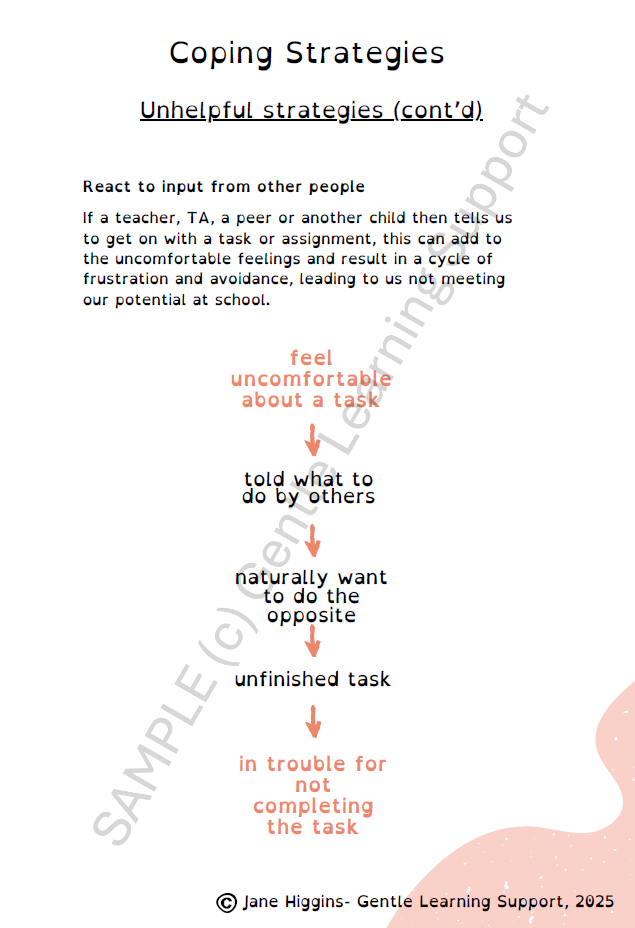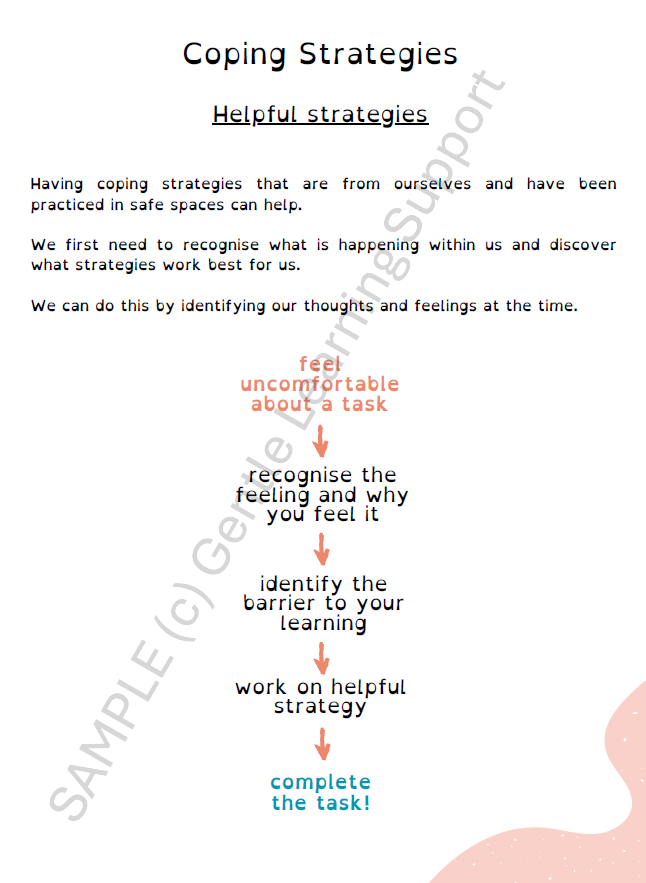Autumn Term - A Foundation for Learning: 5th Nov - 3rd Dec ‘25 (Inclusive)
This term will serve as an introduction to the Study & Thrive program, focusing on foundational study skills. Students will be equipped with practical tools to organise their work, manage their time, and approach their studies effectively.
Week 1: Getting Organised: Establishing a strong start to the new school year.
Creating effective timetables and revision schedules.
Organising physical and digital notes and resources.
Week 2: Smart Study Techniques: Moving beyond simple re-reading.
An introduction to active recall and spaced repetition.
Mind mapping and other visual learning strategies.
Week 3: The Power of Note-Taking: Making notes that work.
Effective note-taking methods (e.g., Cornell notes, bullet points).
Summarising and synthesising information from various sources.
Week 4: Time Management and Focus: Avoiding procrastination and distractions.
Understanding the Pomodoro Technique.
Strategies for creating a productive study environment.
Week 5: Goal Setting and Review: Consolidating knowledge and planning ahead.
How to set and track achievable academic goals.
Building a personal review system to check for understanding.
Spring Term - Mastering Executive Functioning: 7th Jan - 4th Feb ‘26 (Inclusive)
Building on the autumn foundation, this term will delve deeper into executive functioning skills. The focus will be on the cognitive processes that are essential for planning, problem-solving, and self-control.
Week 1: Understanding Executive Functions: What they are and why they matter.
An overview of key skills: planning, organisation, and task initiation.
Self-assessment to identify personal strengths and areas for growth.
Week 2: Advanced Planning and Prioritisation: Managing bigger projects.
Breaking down large assignments into smaller, manageable steps.
The Eisenhower Matrix for prioritising tasks.
Week 3: Cognitive Flexibility and Problem-Solving: Thinking outside the box.
Developing skills to adapt to new situations and unexpected challenges.
Techniques for overcoming mental blocks and solving complex problems.
Week 4: Impulse Control and Sustained Attention: Staying on track.
Mindfulness exercises for improving focus.
Strategies for managing internal and external distractions.
Week 5: Self-Monitoring and Self-Correction: Becoming an independent learner.
Developing the habit of reflecting on one's own work and progress.
Learning how to identify mistakes and correct them without frustration.
Summer Term - Emotional Regulation for Exam Success 15th April: 13th May ‘26 (Inclusive)
This final term will be the culmination of the program, directly addressing the pressure of exams. The focus will be on emotional regulation to help students remain calm, focused, and resilient during this high-stakes period.
Week 1: The Psychology of Exams: Understanding pressure and performance.
The link between emotions and academic performance.
Setting realistic expectations and managing anxiety.
Week 2: Mindfulness and Grounding Techniques: Calming the nervous system.
Simple breathing exercises and meditation for stress reduction.
Grounding techniques to use before and during an exam.
Week 3: Challenging Negative Self-Talk: Building a positive mindset.
Identifying and reframing unhelpful thoughts.
Developing a personal mantra for confidence.
Week 4: The Role of Sleep, Nutrition, and Exercise: Caring for the body and mind.
Practical advice on lifestyle choices that support brain function.
Creating a healthy pre-exam routine.
Week 5: Post-Exam Strategies: The importance of reflection and rest.
Dealing with results, both positive and negative.











